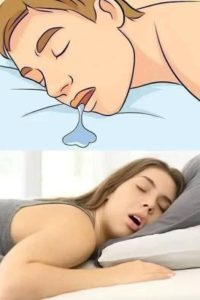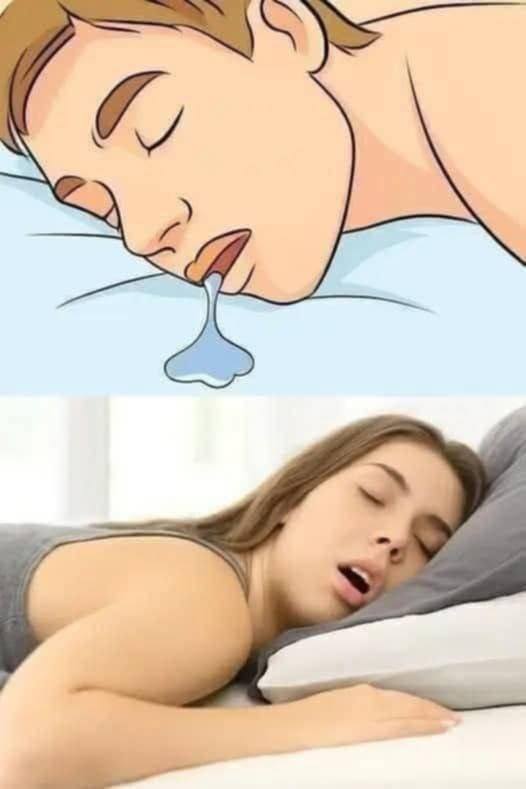If you drool while
If You Drool While Sleeping, It’s a Sign That Your Brain Is Deeply Relaxed — But Sometimes, It May Mean More.
Drooling during sleep is usually harmless and often a sign that you’ve entered deep, restorative sleep. During these stages, especially REM sleep, your body relaxes so much that your swallowing reflex slows down, allowing saliva to pool and escape.

However, other factors can contribute:
- Your sleep position: Side or stomach sleepers drool more because of gravity. Sleeping on your back helps reduce it.
- Nasal congestion: When your nose is blocked due to a cold or allergies, you breathe through your mouth, increasing drooling.
- Excess saliva: Some medications, acid reflux (GERD), or simply natural overproduction can lead to more saliva at night.
- Neurological conditions: Disorders like sleep apnea, Parkinson’s, or stroke can affect muscle control, leading to drooling.
Should you be concerned?
Occasional drooling is normal. But if it’s new, excessive, or comes with symptoms like snoring, choking, or poor sleep quality, it might be time to talk to a doctor. Conditions like sleep apnea or sinus problems could be behind it.
How to manage it:
- Sleep on your back
- Treat allergies or nasal issues
- Stay well hydrated
- Review medications
- Get checked for sleep disorders if needed
In most cases, drooling just means you’re sleeping deeply — and that’s a good thing. But if it’s frequent and disruptive, don’t ignore it.






